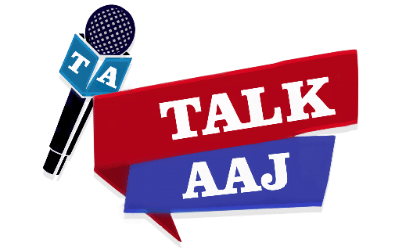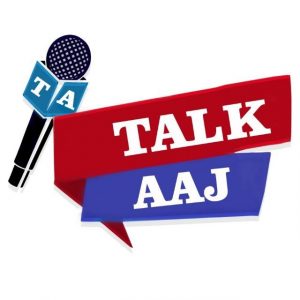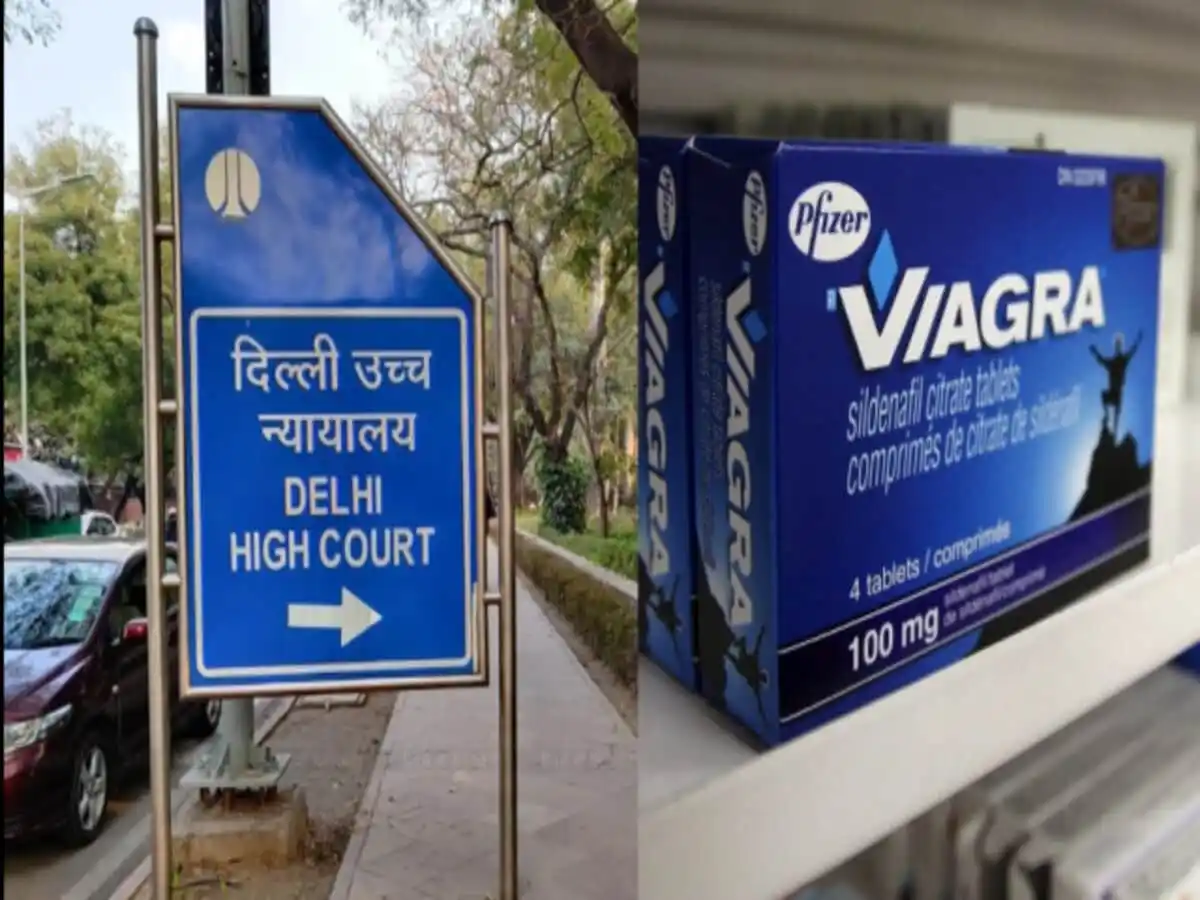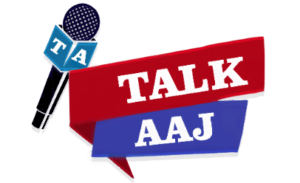California wants Big Tech to pay for news. Google is retaliating.
Google blocks news links for some web users in California as it protests a bill that would force it to pay news publishers
Improvement
A previous version of this article said Google would provide $100 million to Canadian news organizations. This is 100 million Canadian dollars. The article has been corrected.
SAN FRANCISCO – For years, governments around the world have waged a bitter battle with Google and Meta over whether the Big Tech giants should pay for the news stories and videos that appear in search results and on social media. Now that fight has come to their home turf – the United States.
California politicians are pushing a bill that would allow Google and Meta — which owns Facebook and Instagram — to pay news publishers every time they display fragments of their articles or show links to them in search results or on social media. Will force. Companies are lobbying hard to stop it, saying the legislation would create a “link tax” and impede the free flow of information online.
Now, Google is taking its resistance a step further, by completely blocking news links from California-based news organizations from appearing in search results for some Californians. Google wouldn’t say how many people it was blocking news for, but called the move a “short-term test” in a blog post announcing it earlier this month.
Politicians and news publishers have hit back. Democratic state Senator Mike McGuire of California, who sponsored the bill, said “this is a dangerous threat by Google” that “is clearly an abuse of power and displays extraordinary arrogance.”
“These actions by Google show why a bill is necessary. It is deeply concerning that one company could essentially cut off the free flow of information for Californians,” said Brittany Barsotti, general counsel of the California News Publishers Association.
More than 350 news publishers, including the Los Angeles Times and the San Francisco Chronicle, signed a letter on April 18 in support of the bill.
Google’s action is the latest step in a growing confrontation between tech giants and the news industry. After years of declining advertising revenues, layoffs and newspaper bankruptcies, news organizations are increasingly turning to governments to create new rules requiring technology platforms to share some of the money earned from the Web with journalism organizations. Being forced to.
Supporters argue that the law is a reasonable way to keep journalism alive, while tech companies say that requiring payment for posting links and parts of public news articles goes against the spirit of an open and free Internet, and Can bring them into never-ending legal trouble. Challenges from non-journalistic organizations that want similar deals.
Meta has said it will block all news links on its social platforms if the bill is passed into law.
“They [Big Tech] really hate these laws. And they are doing everything they can to stop them,” said Anya Shiffrin, director of technology, media and communications expertise at Columbia University’s School of International and Public Affairs.
So far, California news publishers say they haven’t seen any major impact from Google’s moves, Barsotti said. Some individual Californians have reported not being able to access local newspaper websites, he said.
The News Media Alliance, an industry group representing 2,200 news organizations nationwide, accused Google of potentially breaking competition law and sent letters to the Justice Department and the Federal Trade Commission asking the agencies to investigate Google’s move. . An FTC spokesperson declined to comment. A DOJ spokesperson did not respond to a request for comment.
For two decades, Google and Facebook have steadily increased their hold on the world of advertising. Google alone earned $65.5 billion in ad revenue in the fourth quarter of 2023, while Facebook earned $40.1 billion in the same time frame. Meanwhile, news organizations that used to thrive on advertising and classified advertising have shrunk. Thousands of local newspapers have closed in the United States, and thousands of journalists have lost their jobs.
As the news industry adopted the Internet, Facebook, Google, and other online platforms became important in delivering it to readers. For years, Facebook brought a flood of traffic to news publishers, allowing Internet-native organizations like BuzzFeed and Vice Media to grow rapidly. But in the past few years, Meta has not emphasized news, leading to a decline in business at those companies and a new wave of layoffs. Google remains the most important source of traffic for most news organizations, and the place where most people go to learn about the world and find relevant news.
In 2021, Australia passed a law requiring Meta and Google to negotiate payments with news publishers to place their content on their sites. The companies retaliated viciously, with Meta shutting down all news links on its platform and Google threatening to remove its entire search engine from Australia. But a compromise was reached between the government and the companies and the payment was eventually negotiated. The country’s news organizations say the deals have allowed them to hire more journalists, especially in disadvantaged rural parts of the country.
Canadian news organizations and politicians took notice. Soon, they were pursuing their own legislation. Tech giants clash again, with Google running a similar “test” to the one it’s running now in California, blocking some Canadians from seeing news on search results. Meta went further and blocked all links to news content on its site.
The fight became a national political issue when some people struggled to find important news about wildfires in the summer of 2023 due to Facebook news restrictions. Opposition politicians accused Prime Minister Justin Trudeau’s government of hastily pushing through a bad bill that would have the opposite effect and actually harm Canadian news organizations. Ultimately, Google and the government reached a settlement, and the company agreed to establish an annual $73.5 million or 100 million Canadian dollars news fund that would be distributed to news providers in the country.
Meta, for his part, is holding the line. News links on Facebook and Instagram are still completely blocked in Canada. This has “led to a significant decline in traffic for Canadian news organizations,” said Dwayne Wincek, a communications professor at Carleton University in Ottawa. But it is too early to say whether the drop in traffic will lead to a similar drop in revenue, he said.
The losses from Meta can only be managed because the company has already built its algorithm into drastically cutting the amount of news promoted to its users. If Google blocks news in California or elsewhere, the impact would be huge, said Blaine Haggart, an associate political science professor at Brock University in St. Catharines, Ontario.
“Google has sold itself as the interface between people and the world’s knowledge,” Haggart said. Preventing people from accessing news through Google “would almost be like a war against a country”, he said, because free access to information is so important to a functioning society.
Not every publisher in California supports this bill. In an editorial published last week, Jo Ellen Green Kaiser, CEO of Jewish News of Northern California, wrote that the bill would “destroy our search ability on the Internet” if it leads Google to block news content. Could”.
The Chamber of Progress, a trade group representing tech companies including Google and Meta, said on its website that some smaller news publishers, including the Alameda Post and the Times of San Diego, oppose the bill, in addition to other business groups like the California Chamber. Of commerce.
“Google and other big tech companies aren’t stealing the news, they’re bringing it to readers,” said Chris Jennewein, editor and publisher of The Times of San Diego. “They’ve created an ecosystem that makes news more accessible to everyone.”
Alameda Post publisher Adam Gillit pointed to testimony he gave late last year at a California Senate hearing on the bill, where he suggested taxing Big Tech companies and putting the money into a public fund for publications . The needs and value of the communities they serve,” rather than based on how often their content appears next to ads.
Internet freedom advocates have also expressed concerns about government regulations forcing tech companies to pay for links or content. The American Civil Liberties Union and the Electronic Frontier Foundation have opposed a federal bill called the Journalism Competition and Protection Act, which would repeal antitrust laws to allow news organizations to collectively bargain with Big Tech platforms to pay for their content. Will make an exception. A group of open internet organizations said the California Act, which lets news organizations sue tech platforms to limit their access, is a “direct attack” on the companies’ right to moderate online content, leading to A new set of issues has opened up. In a 2022 letter to legislators.
The California bill would allow news organizations to apply to Google and Meta for a share of the money they make on ads shown next to their content or links to their sites. Tech companies must pay every quarter, and news organizations that apply for payment cannot be penalized by ranking lower in their algorithms. News organizations that receive payments must make annual reports to prove that they have spent it on journalism.
Jafar Zaidi, Google’s vice president of global news partnerships, argued in a recent blog post at the company that the California bill would benefit hedge funds that are already buying up local news organizations and turning them into low-quality content machines. “We have long said this is the wrong way to support journalism,” Zaidi wrote.
Yet the bill is moving forward.
“The last thing we need is a hollowed-out or collapsing news media. It’s terrible for democracy, it’s terrible for local communities. All this empowers is the spread of fake news,” said Scott Wiener, a Democratic California state senator representing San Francisco who supports the bill.
“Google is furious,” Weiner said. “My hope is that Google will get over this and come to the table to find a solution.”
NO: 1 हिंदी न्यूज़ वेबसाइट Talkaaj.com (आज की बात)
(देश और दुनिया की ताज़ा खबरें सबसे पहले पढ़ें Talkaaj (आज की बात) पर , आप हमें Facebook, Telegram, Twitter, Instagram, Koo और Youtube पर फ़ॉलो करे)













